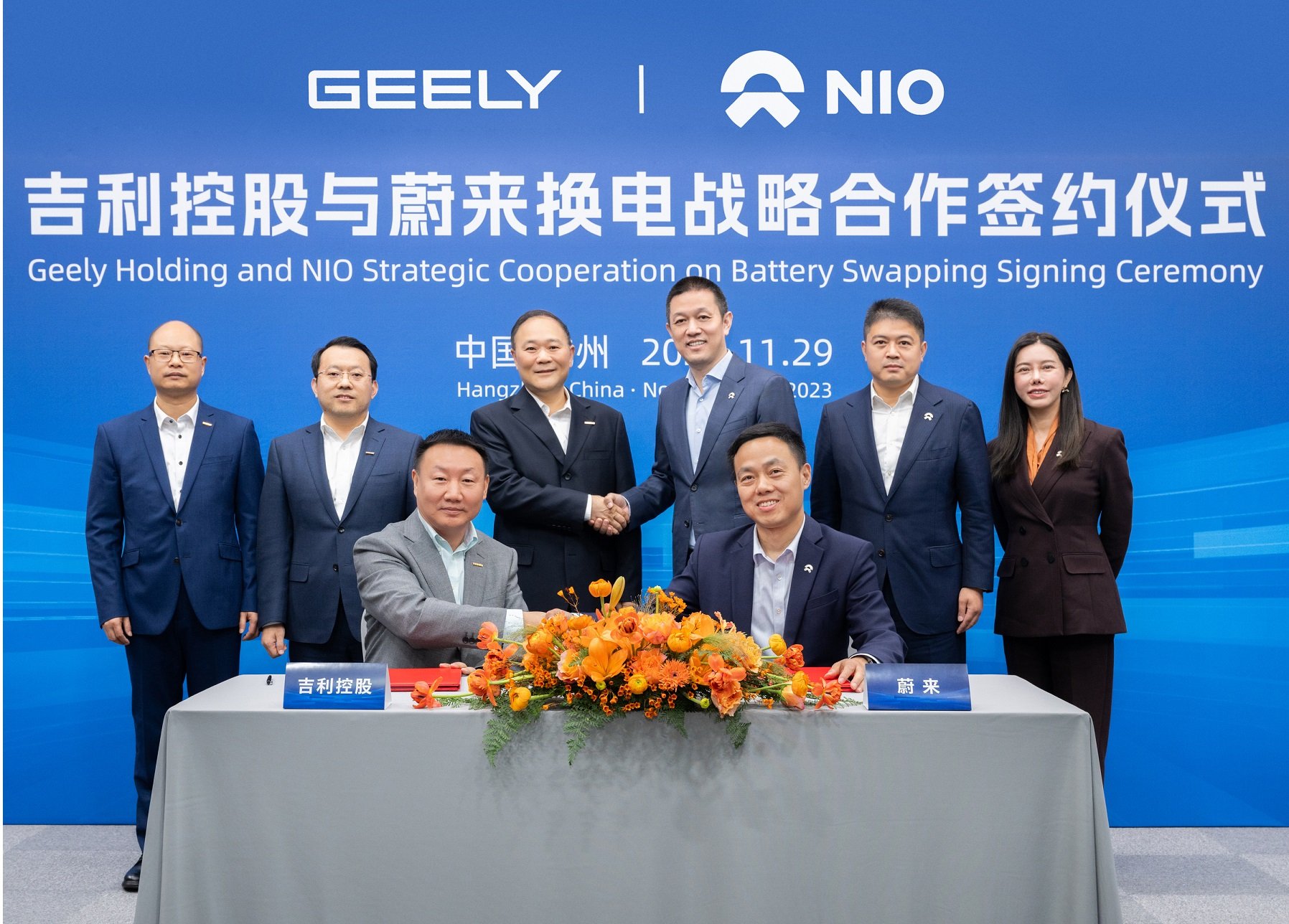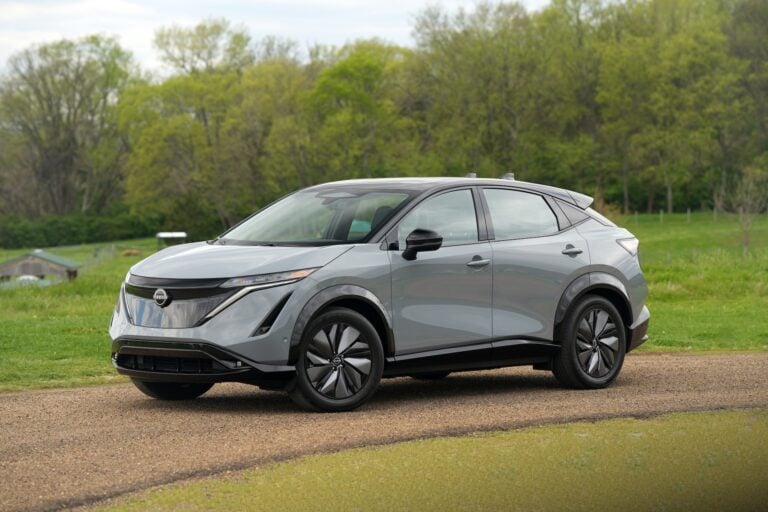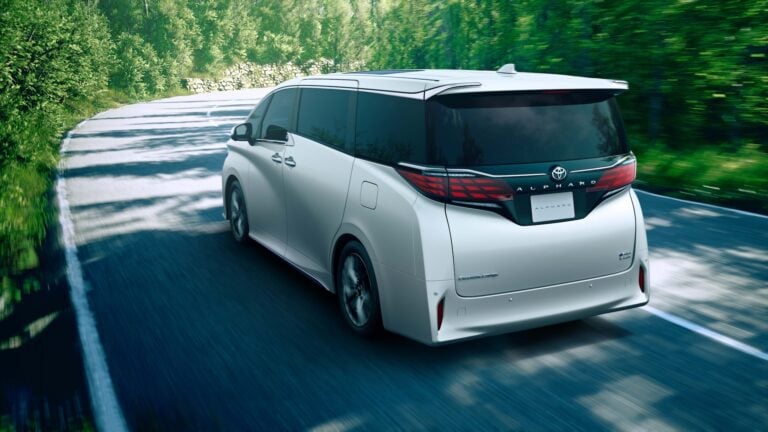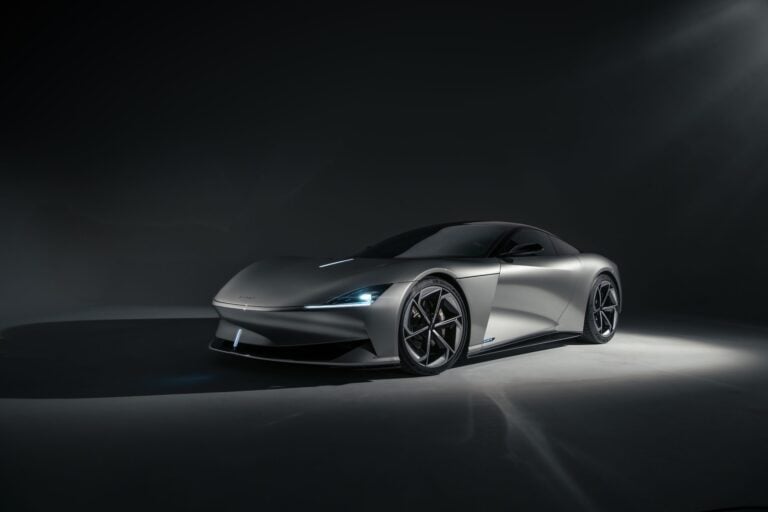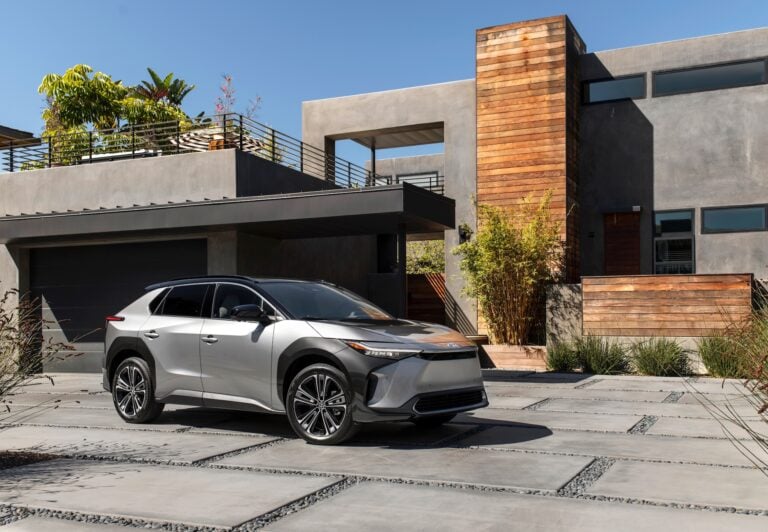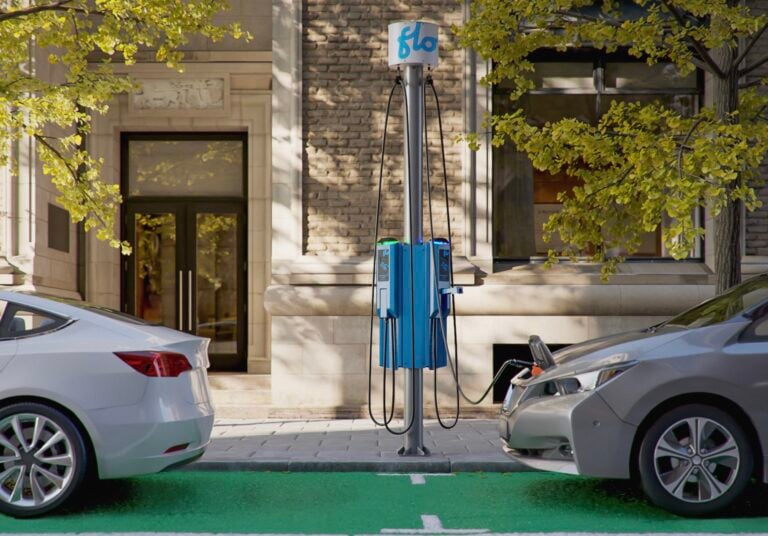Zhejiang Geely Holding Group (Geely), a leading Chinese automotive technology group, and NIO Holding (NIO) have forged a strategic partnership focused on battery-swapping technology. The agreement, signed in Hangzhou, encompasses a broad range of collaborative efforts, including standardization of battery technology, expansion of battery swapping networks, and development of swappable vehicle models.
Why It Matters
This partnership signifies a major step in the electric vehicle (EV) sector, especially in the context of China’s push towards new energy infrastructure and low-carbon automotive solutions. By joining forces, Geely and NIO aim to standardize and expand battery-swapping technology, a crucial component in the EV ecosystem. This move is expected to enhance the user experience for EV owners and accelerate the shift towards sustainable automotive technologies.
Key Points
- Signatories and Witnesses: The agreement was signed by Jack Liu, CEO of Yiyi Power (a subsidiary of Geely), and Fei Shen, Senior Vice President of NIO. High-ranking officials from both companies, including Eric Li, Founder and Chairman of Geely, and William Li, Founder, Chairman, and CEO of NIO, were present.
- Battery Swapping Advantages: NIO’s system, known for being “chargeable, swappable, upgradeable,” and Yiyi Power’s experience in commercial vehicle battery swapping, set the stage for widespread adoption.
- Strategic Cooperation: The partnership will leverage each company’s strengths to co-develop battery swapping standards for both private and commercial vehicles, enhance technology, and expand operational scales.
- Future Goals: The collaboration aims to establish efficient battery asset management, a unified battery swap operation, and develop compatible vehicles, aligning with China’s new energy and low-carbon goals.
Bottom Line
The strategic alignment between Geely and NIO in the field of battery-swapping technology is a pivotal development in the EV industry. It not only supports China’s environmental goals but also marks a significant advancement in EV technology and infrastructure. This collaboration is poised to redefine the EV charging experience, promoting wider EV adoption and contributing to the global shift towards sustainable mobility.

